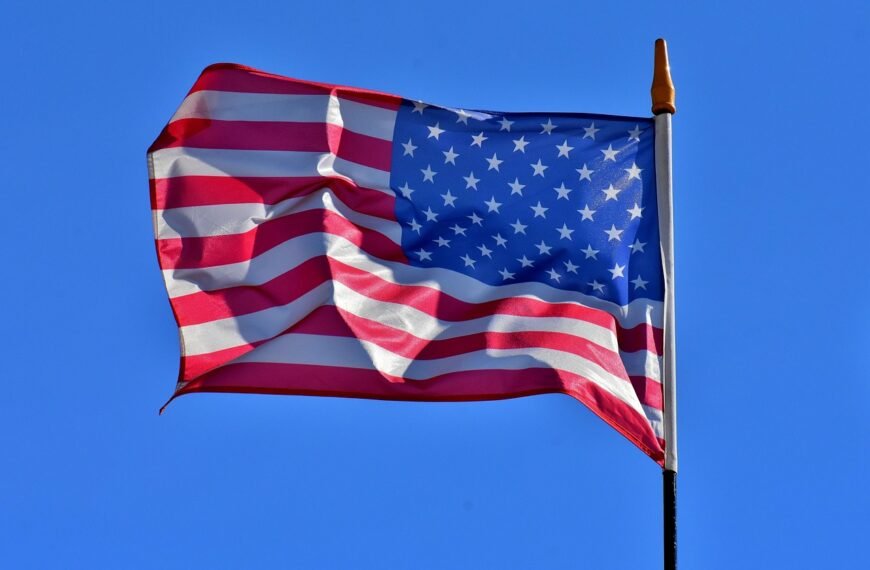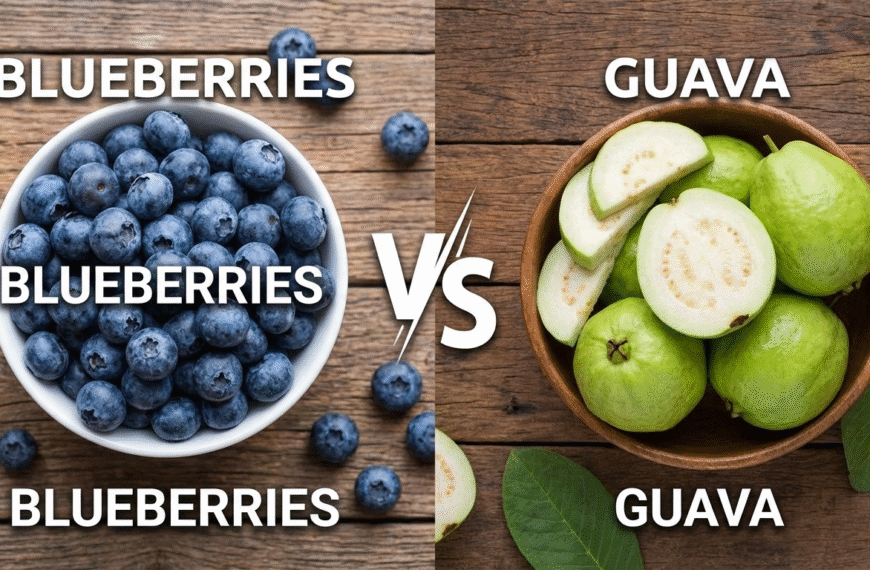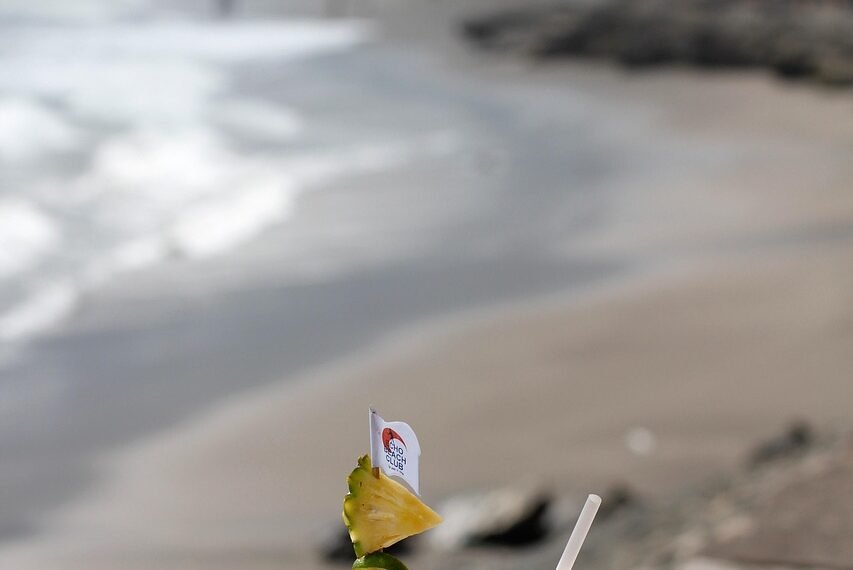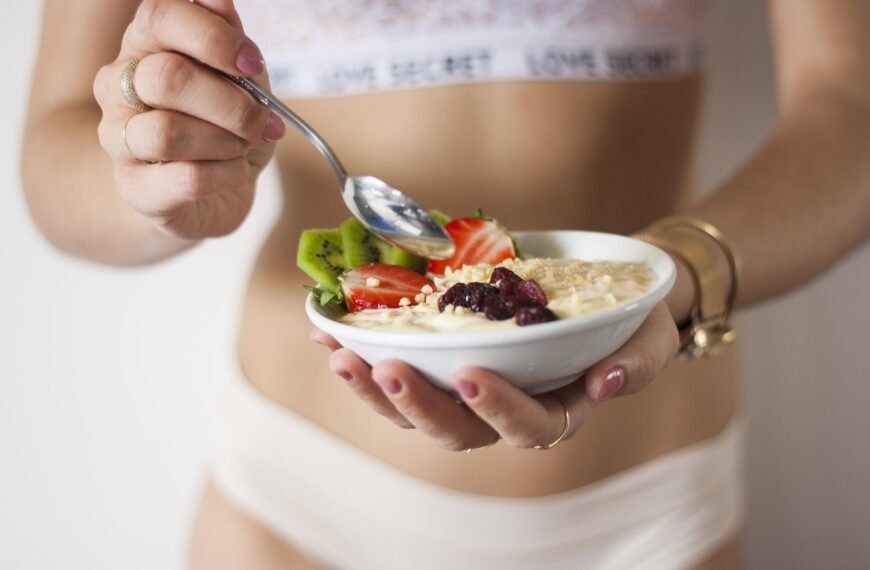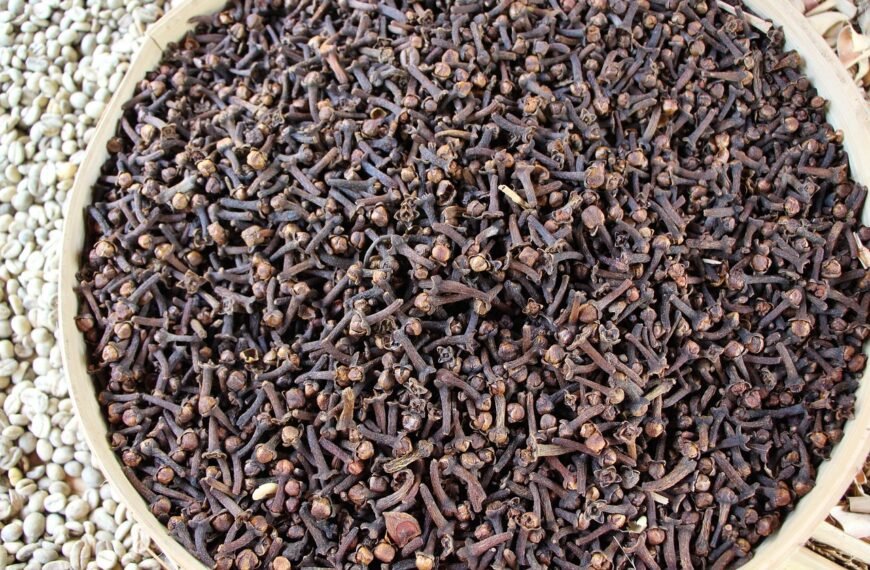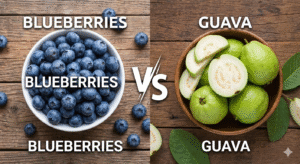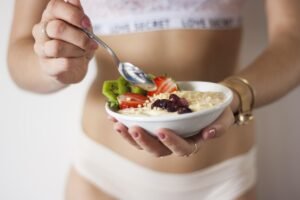In a significant move to combat childhood obesity, the UK government has announced it will extend its existing sugar tax to include popular milk-based drinks. Starting in 2028, pre – packaged milkshakes, lattes, and other sugary milk drinks will face an additional levy, marking a major expansion of a policy that has so far only applied to fizzy soft drinks.
What’s Changing in the Sugar Tax?
The new rules involve two key changes that will affect manufacturers and consumers. First, the tax will now cover ready-to-drink milk-based beverages, which were previously exempt. Second, the sugar threshold at which the tax applies is being lowered from 5g of sugar per 100ml to 4.5g. This means many popular products that previously escaped the charge will now be included. However, a “lactose allowance” will ensure that the natural sugars found in milk are not counted towards this total.
Which Popular Drinks Will Be Affected?
This expansion will bring several well – known brands and products into the scope of the sugar tax. Based on their current sugar content, drinks like Yazoo and Müller’s Frijj milkshakes, Starbucks’ bottled Caffe Latte, and even some “high protein” shakes from brands like Ufit are likely to be hit. The tax will also apply to drinks made with plant-based milks, such as oat, soya, and almond, treating them similarly to dairy – based products.
The Government’s Health Goals
Health Secretary Wes Streeting defended the policy, stating “This government will not look away as children get unhealthier”. The primary aim is to reduce sugar consumption, particularly among children, by pressuring manufacturers to reformulate their products. The government cites the success of the original 2018 sugar tax, which led to a 46% reduction in sugar in fizzy drinks, as a model for this expasion.
Industry Reaction and Concerns
The response from the food and beverage industry has been mixed. While disappointed by the expansion, industry bodies have acknowledged that the government listened to some of their concerns. The inclusion of the lactose allowance was a key win, as it recognizes that naturally occurring milk sugars are not a public health concern. A spokesperson for the Food and Drink Federation noted that the revised proposals consider the “costly and technically complex work” required to create healthier products.
What This Means for Shoppers
For consumers, the immediate question is whether drink prices will rise. The outcome is not certain. Companies may choose to reformulate their recipes to lower sugar content and avoid the tax altogether, as many soft drink manufacturers did after 2018. Alternatively, they could absorb the cost or pass it on to the customer. The government anticipates that the tax will ultimately lead to healthier product options and influence consumer purchasing behavior, contributing to better public health outcomes.


